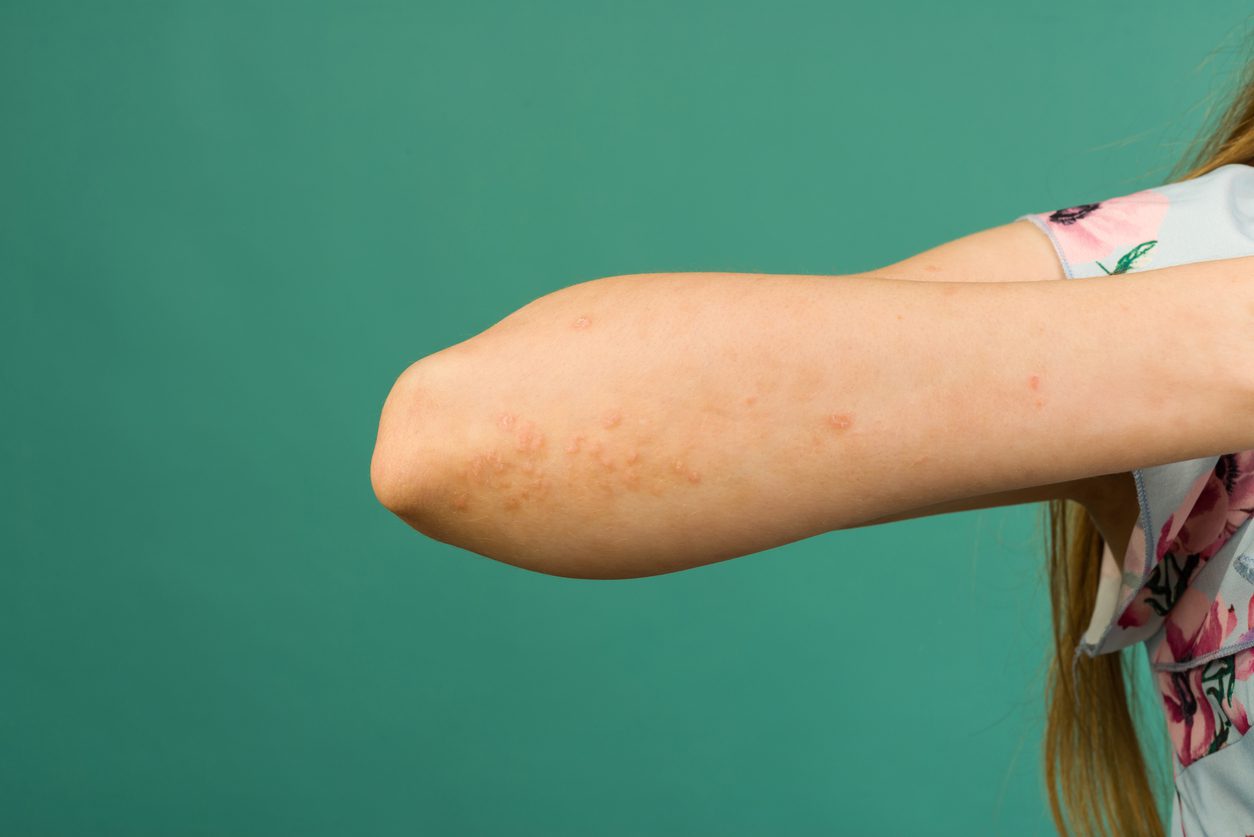
The microsite is supported by AbbVie.
As a global, research-driven biopharmaceutical company, AbbVie is committed to treating serious, mostly chronic diseases. Research and innovation are the foundation of the company’s operations. Therapeutic areas include dermatology.












